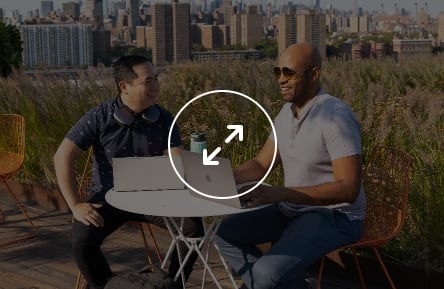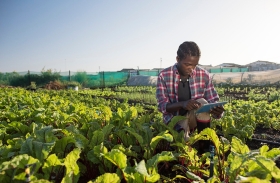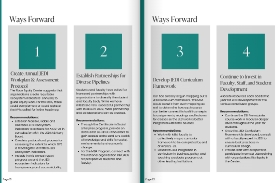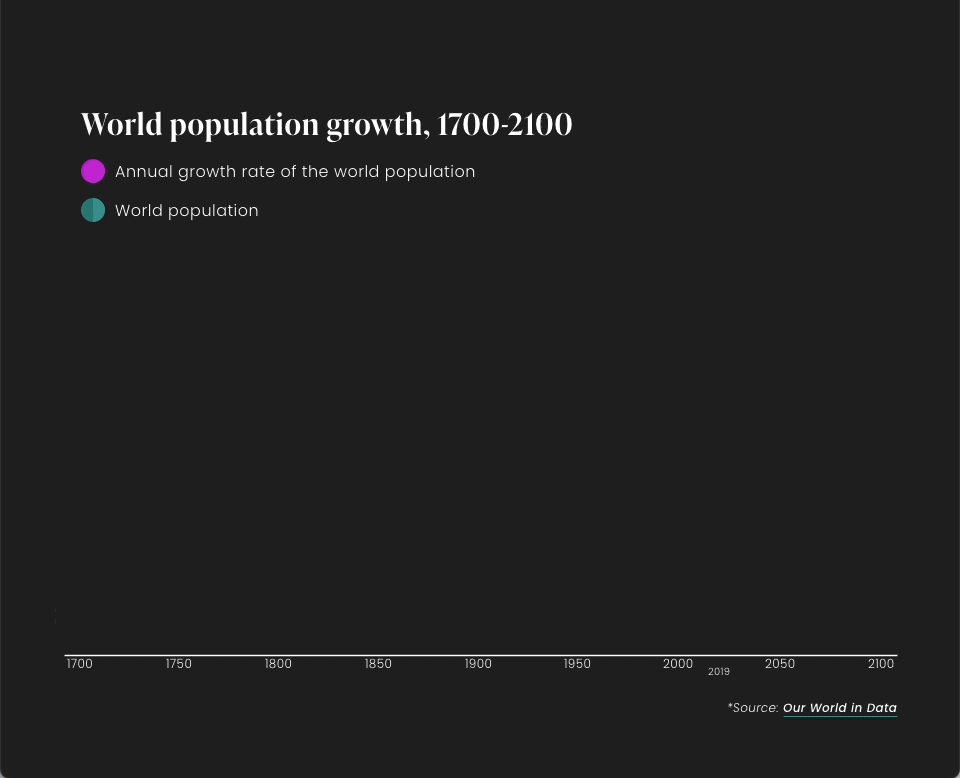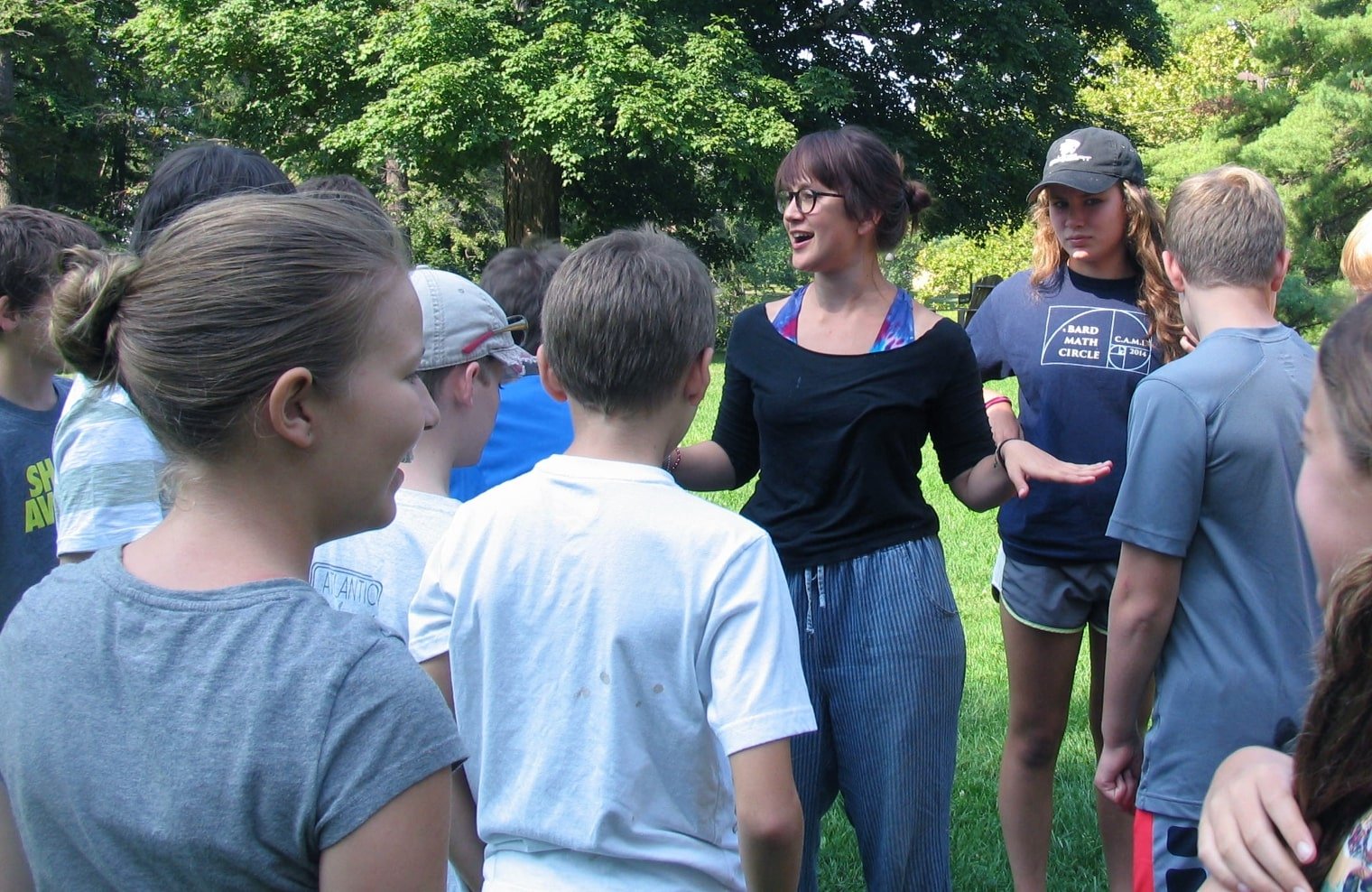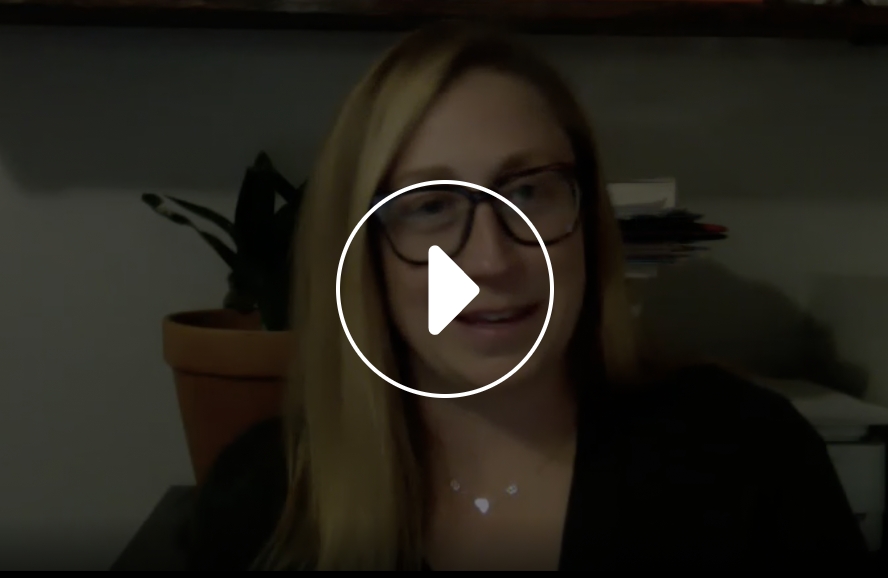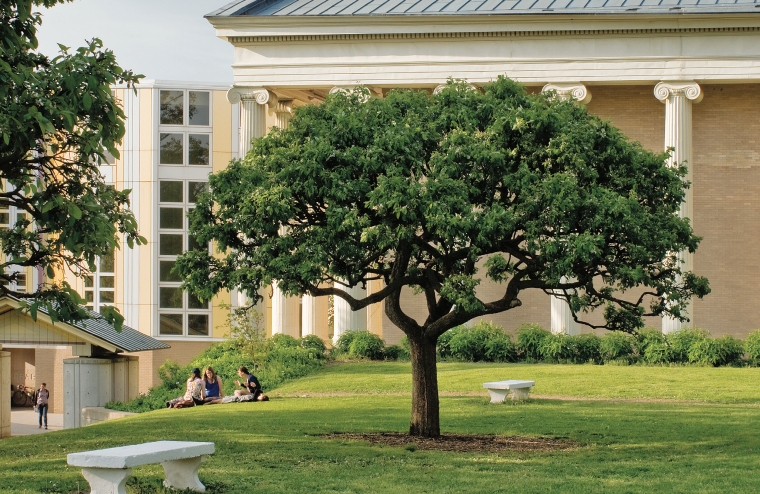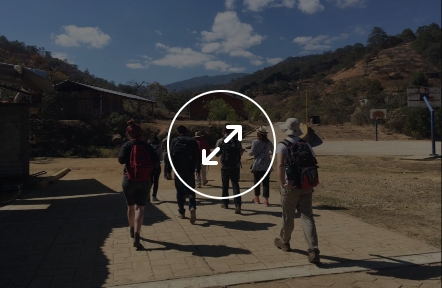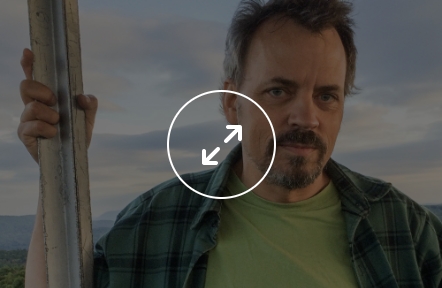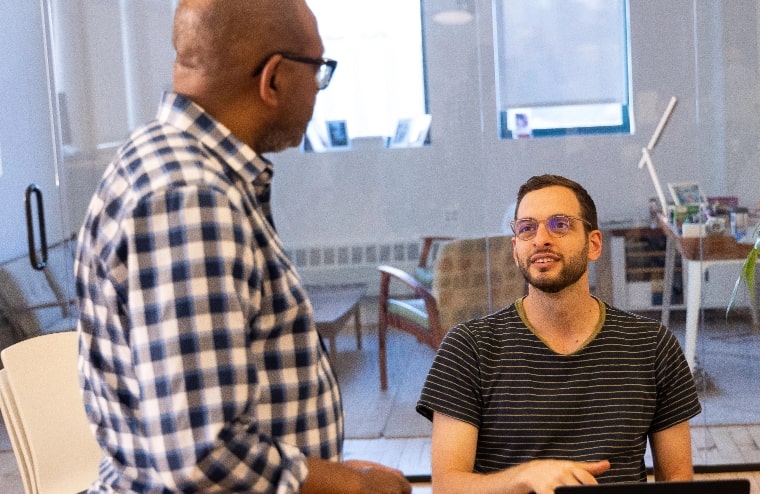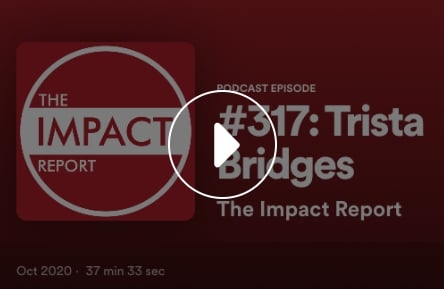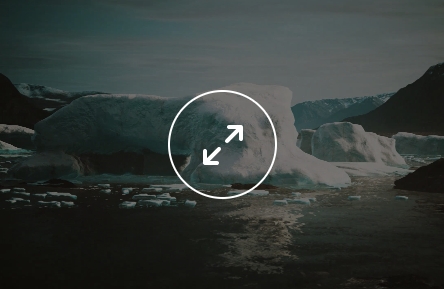Sustainability Programs for
Climate Champions
![]()
The greatest threat to our planet is the belief that someone else will save it.
-Robert Swan

A master’s degree in sustainability can help you prioritize the
planet—and the people on it—in your career.
Introduction
What is a sustainability degree?
Sustainability means shared well-being on a healthy planet. Sustainable actions improve the quality of life for all people while protecting and restoring the natural ecosystems and resources on which human well-being depends. This process is called sustainable development.
Sustainability degrees blend economics, environmental science, sociology, anthropology, history, business, and more, applying much-needed interdisciplinary and systems-thinking lenses to solving social and environmental challenges. Studying sustainability fosters an understanding of our various systems, their interdependent natures, and how they interact and affect one another. And finally, because sustainability thinking is grounded in justice, it requires an inclusive and anti-racist focus.
Equity and sustainability
There is no way to achieve true sustainability without concentrating on social equity. Pursuing profits at all costs has negatively impacted the environment (natural resource depletion, pollution, worsening climate change, etc.), but it has also led to widening income inequality, an increase in health disparities, social unrest, and much more.
Aside from an intersectional environmentalism approach, any sustainability program you consider should acknowledge that systemic inequalities exist and actively work to eliminate them.
Sustainability programs must center social justice in environmental contexts and extend the focus of sustainability to human and social processes, providing a truly justice-centered education.
Skills needed for a degree in sustainability
Finding success in your graduate studies—and your eventual career—will require vision, leadership, and execution: all skills that you’ll gain in a sustainability graduate program:

VISION
Vision means that you can see positive opportunities and solutions where other people see serious environmental or social costs.
LEADERSHIP
You’ll need leadership skills to engage others and influence much-needed change.
EXECUTE
And to execute it all, you will need to master the core capabilities of an educator, policy change agent, or business leader.
Take action
Bring the benefits of sustainability to your degree
If you’re reading this, you know that the next four decades—the majority of your working life—will be the most important in human history. By 2050, the world population is expected to increase by more than 25% to nearly 10 billion people. But even today, half of humankind is barely getting by. We’re already fighting over water, oil, topsoil, forests, fish, and biodiversity, while the planet gets hotter every year.
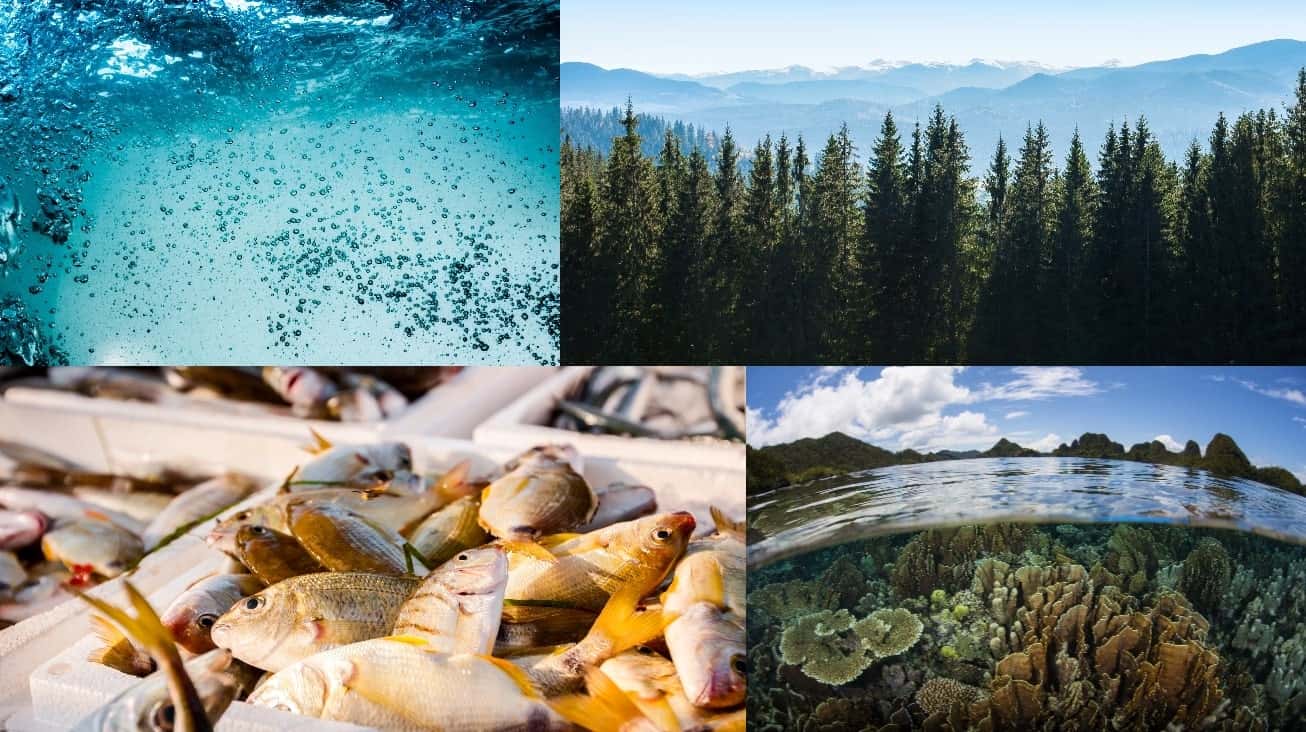
To lead the way to a prosperous and sustainable future, you will need to work as educators, policy change agents, and business leaders to maintain a relentless focus on rewiring the world with clean energy, redesigning every city on the earth, re-engineering production processes, re-imagining the global food system, and reinventing our systems of finance. We know how to solve these challenges, but we need collective willpower, effective leadership, and hard work to do so.
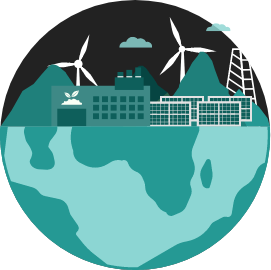
To sum it up, an infusion of sustainability can reinvigorate your career on a personal level, but the planet needs us to change our behaviors—and fast. A sustainability degree can give you the tools you need to be the catalyst for change in others.

Browse programs
Explore the sustainability programs at Bard
There are plenty of sustainability master’s programs to choose from and many institutions to consider. For the majority of programs, sustainability is an add-on to their curriculum—just another specialization of sorts. Bard, however, is different.
We believe that sustainability is no longer an option; organizations that fail to integrate ethical practices are falling behind. That’s why sustainability is at the core of our graduate programs. We believe it must be baked in for our graduates to lead, educate, research, advocate, and produce a future where humans cohabitate in peace with one another and the earth.
Our baked-in—not bolted-on—approach is evident across all of our programs, and it gives our students a more profound knowledge of sustainable development—with the practical skills to match.
One of our goals at Bard’s Graduate Programs in Sustainability is to find and cultivate tomorrow’s leaders in sustainability—and you may be one of them! But how do you know which master’s degree in sustainability is right for you?
Start by refining your focus by taking our Sustainability Quiz.
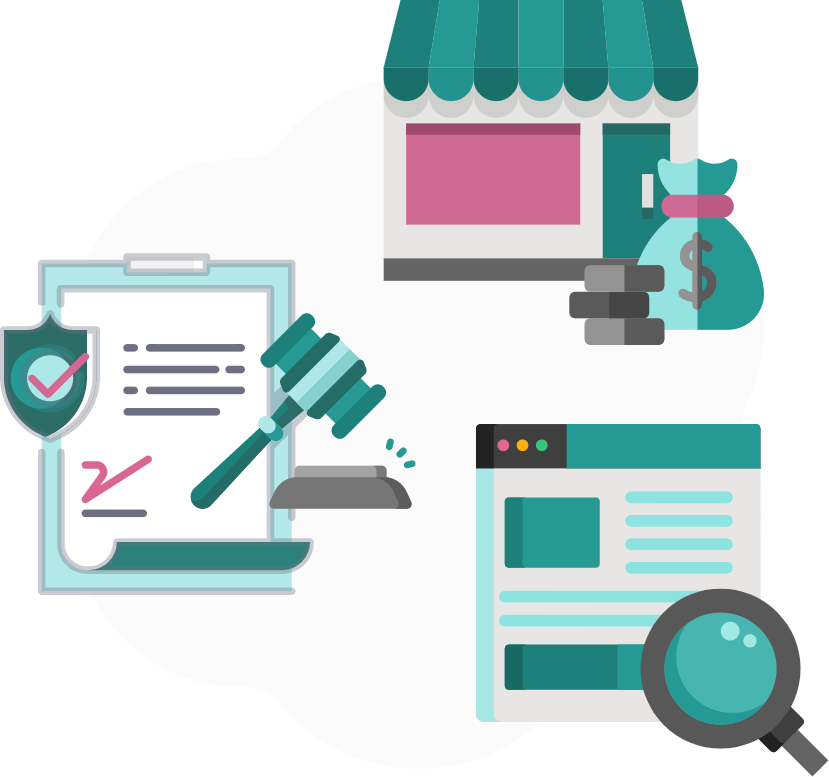
Question of
Find Your Sustainability Focus
I would rather...
Lead a nature walk at a summer camp
Work with community leaders to develop new recycling policies.
Pitch a business that’s designed to conserve water by incentivizing rain barrel installation for lawn care.
If I could accomplish one thing, it would be something like...
Passing the Green New Deal.
Incorporating environmental education into the K-12 curriculum nationwide.
Creating a lending platform that helps low-income families and others in need to access home ownership.
My perfect internship is at...
An urban ecological education center.
Etsy - on the sustainability team.
The World Resources Institute in Washington, DC
When it comes to climate change, my biggest concerns are...
Human rights and environmental justice. How will it aggravate inequality?
The next generation - will they even have an environment to live in? And will they have the tools to protect it?
The ways we can fix it. How can we not only incentivize zero waste but an economic system that gives back more than it takes?
In my future sustainability career, my worst nightmare would be...
If the idea of "the environment" became a luxury that only some people can afford.
To discover that my consulting work is being used to help greenwash - and not create any real change.
The destruction of decades of environmental policies and protections.
The word that best describes me is...
Disruptor
Activist
Visionary
Your sustainability focus is...
Your sustainability focus is...
Your sustainability focus is...
Get more information
Learn more about the Bard Graduate Programs
in Sustainability
Bard is where the next generation of sustainability leaders are formed. Here, you’ll join activists and pragmatists, idealists and scientists, innovators, and future legislators. People with business savvy and people savvy to detecting—and disrupting—business as usual.
Fill out the form below to get more information about the graduate sustainability programs we offer and how you can make your climate activism a full-time gig.
Choose a Program
Change Minds
Environmental Education Master's program
A career in environmental education means changing minds through the familiar professions of teacher, professor, and researcher, but also artist, filmmaker, journalist, rabbi, preacher, or imam. This field includes anyone whose job it is to communicate about the scientific and moral dimensions of the sustainability challenges we face.
The Master’s in Environmental Education (M.Ed) program at Bard prepares educators to create an informed and engaged citizenry. Through intensive academic training, real-world professional experience, and career development opportunities, the program enables graduates to pursue successful, high-impact careers in private schools, NGOs, government and land management agencies, private land conservation organizations, museums, environmental education centers, and consulting firms.
Essential Viewing
Recorded Book Launch for Urban Ecosystem Justice
Our approach to environmental education is different, in that we believe it must center on providing access to historically marginalized populations. We take a page from the environmental justice movement, teaching that the environment is more than just “pure nature.” It’s the ecosystem in which you live, whether urban or rural. That understanding allows us to cultivate an intersectional analysis of ecology, equity, and justice, so we can push the boundaries of inclusiveness in the environmental education field.
Change the Rules
Science and policy-related sustainability programs
If you’re interested in policy work, you’re the type of person who wants to change the rules. Maybe you’re diving deep into research to disprove common-held beliefs with data. Perhaps you’re fighting bad laws, regulations, and policies set by governments and businesses to replace them with better ones.
With an environmental master’s degree like either of the ones below, you can work in government (global, national, state, or local), in large businesses or nonprofits, or even “outside the system” in NGOs, advocating, researching, and lobbying to change the status quo. You’ll feel confident crafting forward-thinking policy solutions because of the depth of the education and the anti-racist nature of all the sustainability programs at Bard.
Students learn in an environment that acknowledges how American economic and educational institutions have been built to uphold white supremacy—and questions it at every turn. Our graduates become leaders who bring social and environmental justice to the policy world.
MS in Environmental Policy
Bard’s Master’s in Environmental Policy degree is unlike any other. Courses delve simultaneously into curricular themes to provide students with a deep understanding of the issues from multiple perspectives, while at the same time highlighting linkages and divisions across disciplines. This holistic approach to learning illuminates integral connections between the social world and the physical sciences and encourages students to incorporate various perspectives and ideologies into their work.
Essential Reading
From Peace Corps to Career: The Bard M.S. in Environmental Policy
MS in Climate Science and Policy
Bard is one of the few programs in the world that supports students to gain master’s level understanding of climate science, along with economics, policy, and law. The climate degree—essentially a master’s in climate change—covers the interplay between climate systems, ecosystems, and agricultural systems on one hand and solutions on the other, training future policy leaders to guide efforts in greenhouse gas mitigation and adaptation.
Essential Reading
Bard Climate Scientist on Mount Everest National Geographic Expedition
Change the Game
Redefining "business as usual" with a master's in sustainable business
If policy work is about changing the rules, people who pursue sustainable business are the ones who want to transform the game entirely. Within the confines of the existing rules, the business leaders of the future are building financially viable organizations, both for-profit and nonprofit, that directly solve social and environmental problems. This includes work in both start-ups and big companies.
Bard’s MBA in Sustainability has been ranked the #1 Green MBA for five years in a row and is one of a handful of programs around the world that fully integrates a focus on mission-driven business into every course they offer. Based in New York City, the MBA cohort gathers one weekend a month for an on-campus experience; this weekend visit describes Bard’s “low residency” structure, and it works alongside an online curriculum designed for working professionals and students who want to attend Bard from anywhere in the U.S.
With an MBA in Sustainability, you’ll gain the foundation of a business education grounded in equity-centered leadership—helping you break through existing systems and create innovative solutions to critical social, environmental, and economic challenges.
Essential Listening
Putting Sustainability at the Core of Business
Our approach to environmental education is different, in that we believe it must center on providing access to historically marginalized populations. We take a page from the environmental justice movement, teaching that the environment is more than just “pure nature.” It’s the ecosystem in which you live, whether urban or rural. That understanding allows us to cultivate an intersectional analysis of ecology, equity, and justice, so we can push the boundaries of inclusiveness in the environmental education field.
Bard is a Leader
Why Bard has the best sustainability
masters programs
All of Bard’s sustainability graduate programs feature a focus on experiential education, through a unique year-long course in sustainability consulting (MBA) and extended, high-level professional internships (MS and M.Ed). As a matter of fact, in any given year, 30-50% of our internships in sustainability lead directly to jobs.
Graduates from Bard GPS have also been highly successful in working at the UN and in landing coveted fellowships, like the EDF Climate Corps Fellowship, which has helped to launch many into careers fighting climate change.
Bard is dedicated to cultivating leaders who break through existing systems and innovate solutions to critical social, environmental, and economic challenges. Our curricular framework teaches our graduates to incorporate social and environmental justice in the realms of business, policy, science, and education. To do this, Bard GPS is committed to being a program that is actively anti-racist—a program that supports racial, social, and gender equality. Learn more about our JEDI framework and anti-racist mission.
Essential Reading
Lead the Change with Bard Graduate Programs in Sustainability
If that’s not enough, and you’re still wondering, “Is a sustainability degree worth it?”, flip through our alumni lookbook and see some success stories. We also offer a wide range of sustainability scholarships for our highly-driven students—domestic and international.
Finally, Bard’s world-class faculty are deeply committed to student learning. Bard was recently awarded #1 in Classroom Experience by the Princeton Review.


